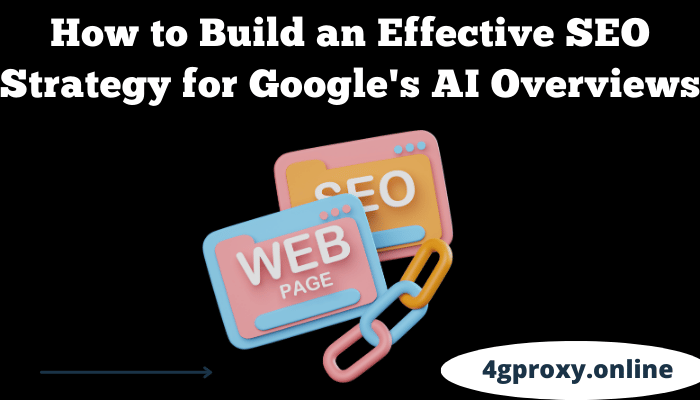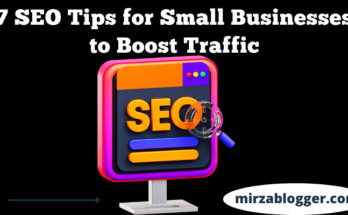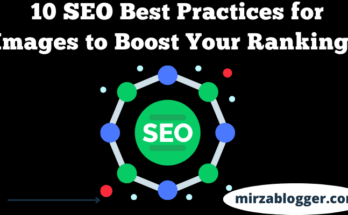In today’s digital age, having an effective SEO strategy is vital for the success of any business. With the advent of Google’s AI overviews, the landscape of digital marketing has been significantly transformed. These advancements have made it easier for businesses to gain insights into their website’s performance and improve their SEO strategies. This article will guide you through building an effective SEO strategy that leverages Google’s AI overviews, ensuring your website ranks higher in search engine results and attracts more organic traffic.
The Importance of SEO in the Digital Age
SEO, or Search Engine Optimization, is the process of enhancing a website to increase its visibility when people search for products or services. An effective SEO strategy can lead to higher search engine rankings, increased web traffic, and more potential customers. As digital marketing continues to evolve, Google’s AI overviews have become integral in providing businesses with valuable insights into their SEO performance. These overviews help identify areas of improvement, track progress, and optimize strategies for better results.
Key Elements of a Successful SEO Strategy
- Keyword Research
Keyword research is the foundation of any successful SEO strategy. By identifying the terms and phrases your target audience uses to search for your products or services, you can create content that meets their needs. Tools like Google’s Keyword Planner can help you find relevant keywords with high search volumes and low competition. Incorporating these keywords naturally into your content ensures that your website aligns with user search intent.
- Backlinking
Backlinks, or inbound links, are links from other websites to your own. They are a critical factor in Google’s ranking algorithm. High-quality backlinks from reputable sites indicate to search engines that your content is valuable and trustworthy. To build a strong backlink profile, consider strategies such as guest blogging, influencer partnerships, and creating shareable content that naturally attracts links.
- High-Quality Content
Creating high-quality content that aligns with user search intent is crucial for SEO success. Your content should be informative, engaging, and provide value to your audience. Use a mix of text, images, videos, and infographics to make your content more appealing. Regularly updating your content and adding new information can also improve your rankings.
Optimizing for Mobile Devices and Page Speed
- Mobile Optimization
With the increasing use of smartphones, optimizing your website for mobile devices is more important than ever. Google’s mobile-first indexing means that the mobile version of your website is considered the primary version. Ensure your website is responsive, with a design that adapts to different screen sizes and provides a seamless user experience on mobile devices.
- Page Speed
Page speed is another critical factor that affects your SEO rankings. A slow-loading website can lead to higher bounce rates and lower user engagement. Use tools like Google’s PageSpeed Insights to identify areas where you can improve your website’s loading times. Compressing images, minimizing CSS and JavaScript files, and leveraging browser caching are some effective ways to enhance page speed.
Providing a Seamless User Experience
A seamless user experience is essential for retaining visitors and improving your SEO rankings. This involves creating an intuitive website layout, easy navigation, and clear calls-to-action. Ensure that your website is free of broken links, has a clean design, and provides a positive user experience. The longer visitors stay on your site and engage with your content, the better your SEO performance will be.
Leveraging Google’s AI Overviews
Google’s AI overviews offer invaluable insights into various aspects of your SEO strategy. These overviews can help you:
- Identify high-performing keywords and content
- Analyze your backlink profile
- Track your website’s technical performance
- Monitor user engagement metrics
By leveraging these insights, you can make data-driven decisions to refine your SEO strategy and achieve better results.
Actionable Tips and Case Studies
- Case Study: Improving Page Speed
A leading e-commerce website noticed a high bounce rate due to slow page loading times. By using Google’s PageSpeed Insights, they identified large uncompressed images as the main issue. After compressing images and optimizing their site, they saw a 30% increase in page speed, leading to a 20% reduction in bounce rates and a 15% increase in conversions.
- Actionable Tip: Content Audit
Regularly conduct content audits to identify outdated or underperforming content. Update old articles with new information, add relevant keywords, and ensure all links are working. This helps maintain the quality and relevance of your content, improving your SEO performance.
Conclusion
Building an effective SEO strategy for Google’s AI overviews involves a combination of keyword research, backlinking, high-quality content creation, mobile optimization, page speed enhancement, and providing a seamless user experience. By leveraging the insights provided by Google’s AI overviews, businesses can make informed decisions to improve their SEO strategies and achieve higher search engine rankings. Implement these strategies and watch your website’s organic traffic and visibility soar.



